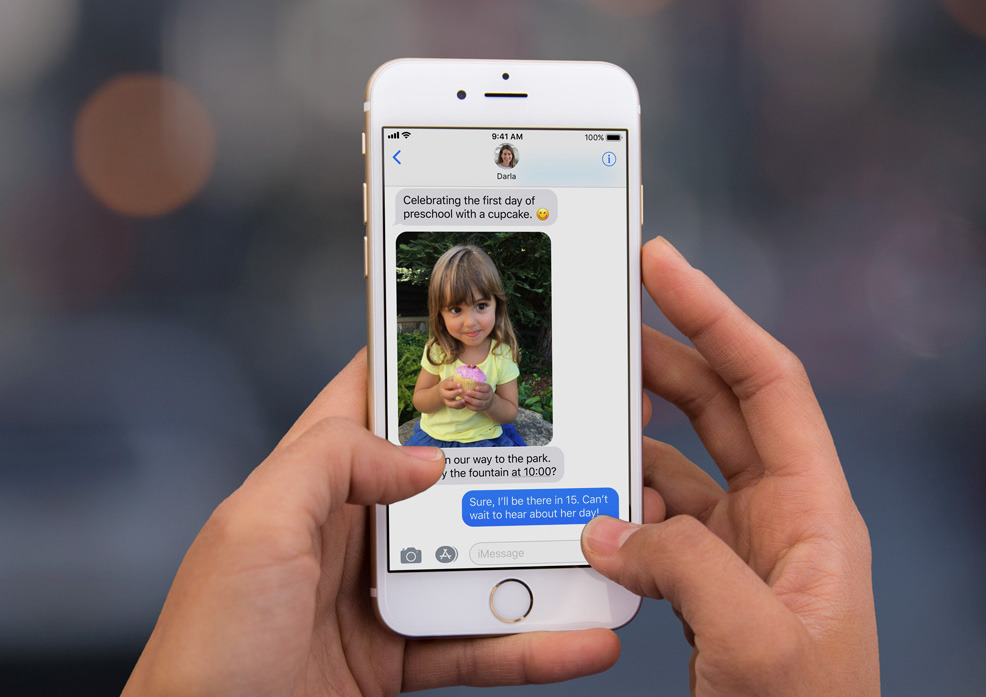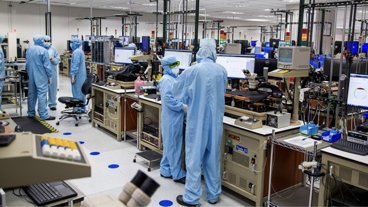Seeking to appease customers like Apple and Huawei — and government regulators as well — chipmaker Qualcomm has switched to a more affordable patent licensing model, particularly for makers of high-end and/or 5G-capable phones.
Previously Qualcomm customers had to pick from two licensing bundles for phones: a robust one costing 5 percent of a phone's price, and a smaller one consisting of just standards-essential cellular patents for 3.25 percent. Most customers chose to license both in order to avoid lawsuits, Reuters said on Tuesday.
Under the new scheme, Qualcomm has made it more practical to adopt just the cheaper bundle, which now also includes patents for 5G. All fees will only apply to the first $400 of a phone's net selling price — in the past, that ceiling was $500.
Alex Rogers, the head of Qualcomm licensing, specifically cited the changes as coming in the context of legal problems with Apple and regulators. Apple and Qualcomm have become embroiled in an international legal war since the former launched a $1 billion lawsuit in January 2017. Regulators have meanwhile scrutinized Qualcomm's past deals — in January 2018 for example, the European Union leveled a $1.23 billion fine over a five-year chip exclusivity deal with Apple.
Qualcomm is under intense pressure to change as it copes with the financial blowback from lawsuits, lost income, and government fines. Recently the company confirmed mass layoffs, rumored to include about 1,500 people in California.
If Apple and Qualcomm don't reach a settlement, the latter could be completely cut out of the iPhone supply chain. Its share of iPhone cellular chips could shrink to 30 percent this year, and even if it doesn't Apple has been rumored as laying the groundwork for going Intel-only.
 Roger Fingas
Roger Fingas








 Andrew Orr
Andrew Orr
 Amber Neely
Amber Neely
 Marko Zivkovic
Marko Zivkovic
 William Gallagher and Mike Wuerthele
William Gallagher and Mike Wuerthele



 Mike Wuerthele
Mike Wuerthele








25 Comments
If I understand correctly:
Past: $1000 phone x 5% licensing = $50 per phone (+ chip cost)
Present: $1000 phone capped at $400 x 5% licensing = $20 per phone (+ chip cost)
Correct?
What a business model -- if (while) you can get away with it.
Not quite. Prior: $1,000 phone, but $500 cap so 5% of $500 = $25.
My concern is the double dipping. Are TSMC and Apple still both paying royalties for the same chip.